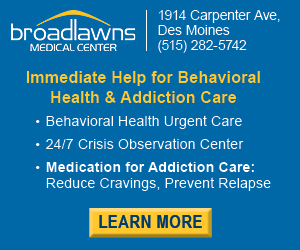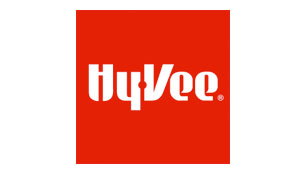Report: Policy changes promote better outcomes for women, U.S.

Women are more than familiar with the barriers they face when it comes to wage inequality and employment policy. They also are acquainted with the consequences these barriers have on their careers and aspirations.
However, a new report suggests that failure to address the structural problems faced by women in labor markets, tax and employment policy will not only stifle their careers, but the U.S. economy as well.
In other words, the lives and fortunes of women in the workplace affect us all.
This is the primary conclusion reached in a book containing a series of papers released by The Hamilton Project at the Brookings Institution entitled “The 51%: Driving Growth through Women’s Economic Participation.” The book consists of policy proposals on a range of topics including: expanding access to paid sick leave, parental leave, and childcare; promoting fair scheduling and pay transparency; safeguarding the economic security of older women; and improving tax incentives for working women.
The book was released at a joint forum held Oct. 19. The Hamilton Project, LeanIn.Org and Stanford Law School co-hosted the forum at Stanford University to explore public policies to promote women’s economic opportunity.
The Hamilton Project’s research argues that adopting evidence-based public policy will provide better outcomes for women, will make work pay, and help women restore control over their lives so they can meet their obligations and contribute to the economy amidst the conflicts of work and life.
The book contains the following policy papers:
- The recent decline in women’s labor force participation
- The incomplete progress of women in the labor market
- Modernizing U.S. labor standards for 21st-century families
- Making work pay better through an expanded Earned Income Tax Credit
- Tax policies to encourage women’s labor force participation
- Increasing the economic security of older women
- Expanding access to earned sick leave to support caregiving
- A national paid parental leave policy for the United States
- Public investments in child care
- Helping women to succeed in higher education










